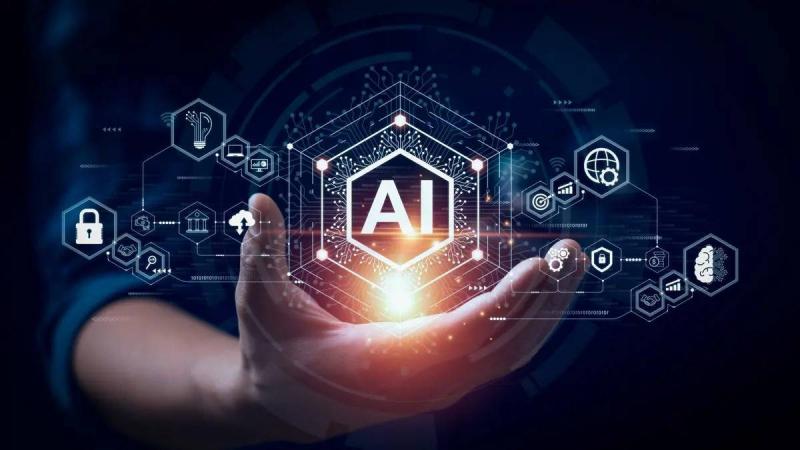It's natural to question why President Trump chose Elon Musk to be part of his new administration. Trump made a wise decision with this appointment, as Elon Musk is not just an innovator in artificial intelligence, but also deeply involved in the future policies of this field and its incredible and almost fantastical development horizons. Doctors have spoken about the potential of this field not just to assist them but potentially to replace them. However, in this space, I will talk about the concerns of philosophers: can this field possess consciousness or wisdom?
Professor Anissa Makhledi wrote a rich article on this debate titled "Does Artificial Intelligence Need Philosophers?". She began by explaining the relationship between philosophy and artificial intelligence, recalling that intelligence has always been a core subject of interest for philosophers, starting with Aristotle and Plato, through to Bergson, without reaching a consensus on its definition. Technology has become a significant area of interest for at least a century, and thus, the combination of the two is currently a dual philosophical discussion more than ever before, primarily revolving around ethics.
This involves the relationship between humans and inventions that take over their roles and vitality. Professor Anissa references a crucial work titled "Artificial Intelligence, Human Intelligence, The Double Enigma". French philosopher and mathematics researcher Daniel Andler, a prominent figure in this field, admits he was initially a proponent of artificial intelligence before changing his view, particularly due to the "ethical" dilemma and lack of complete control over the "monster" we created. He states, "Regarding the 'consciousness of artificial intelligence,' what evidence can we provide to prove the existence of 'consciousness' in intelligent machines? We don't have a clear and defined concept of consciousness."
He continues, "If there is wisdom to be gained from the story of Blake Lemoine, the Google engineer who was fired after claiming the chatbot 'LaMDA' had consciousness and feelings, it’s that intelligent machines are changing our perception of the human-machine relationship. From now on, they are capable of manipulating us. So, the paramount question is how we protect ourselves from their influence and the influence of the commercial groups behind them."
In another context, philosophers are interested in discussing the social, human, and civilizational challenges our societies may face in the near future. Can artificial intelligence replace human labor, or will it complement it?
In conclusion, it’s still too early to answer definitively whether artificial intelligence can acquire wisdom or consciousness. The philosophical discourse on this topic is somewhat exaggerated. While this technology can assist top doctors, and is used in security and intelligence as Trump currently does to secure the border with Mexico, its ability to engage in consciousness pursuits, philosophizing, or inventing scientific theories might be overstated and premature. Yet, who knows? Science evolves every second.



